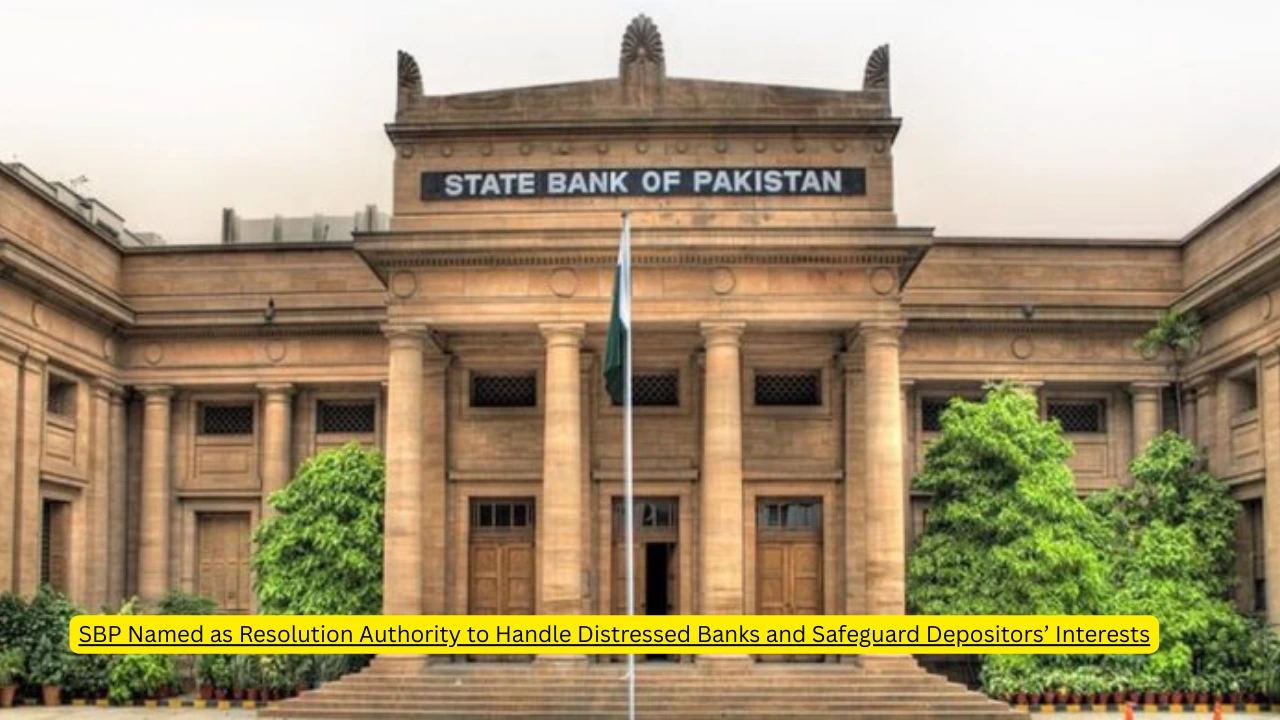Introduction
The recent Maryam Nawaz and Bilawal clash over flood relief efforts in Punjab has sparked a new political debate in Pakistan. With devastating floods affecting thousands of families, relief operations have become a focal point for political parties. The row between Pakistan Muslim League-Nawaz (PML-N) leader Maryam Nawaz and Pakistan People’s Party (PPP) Chairman Bilawal Bhutto Zardari highlights not only differences in governance styles but also deeper political rivalries.
Background of the Flood Crisis in Punjab
Punjab has been one of the worst-hit provinces during the recent floods, with heavy rains damaging homes, crops, and infrastructure. Relief operations are critical for ensuring food, shelter, and healthcare for displaced families. Both federal and provincial governments, alongside NGOs, have stepped in to provide assistance. However, political blame games have overshadowed the urgency of humanitarian efforts.
Maryam Nawaz’s Position
Maryam Nawaz has accused the PPP leadership of politicizing relief operations and failing to provide adequate support to flood victims. She emphasized that the PML-N government in Punjab is fully committed to flood relief in Punjab, ensuring timely distribution of resources, rehabilitation of affected families, and transparent monitoring of funds. Maryam also claimed that political opponents were more focused on point-scoring than genuine relief work.
Bilawal Bhutto’s Counter-Arguments
Bilawal Bhutto, on the other hand, criticized the provincial government’s handling of the crisis. He argued that delays in relief distribution and mismanagement had worsened the suffering of flood victims. According to him, the PPP had mobilized resources and volunteers, yet the PML-N failed to coordinate effectively. Bilawal framed the issue as one of governance failure rather than political rivalry.
Political Implications of the Row
The Maryam-Bilawal row over flood relief reflects the broader political landscape of Pakistan:
- Partisan Rivalries: The clash underscores the long-standing rivalry between PML-N and PPP, two of the country’s largest political parties.
- Public Perception: Political bickering during a humanitarian crisis may hurt the credibility of both leaders.
- Election Strategy: Both parties are using the crisis to strengthen their political narratives ahead of future elections.
Impact on Flood Victims
While political debates dominate headlines, the real issue remains the plight of flood victims. Thousands of families are living without proper shelter, facing food shortages, and struggling with health challenges. The ongoing political row risks diverting attention from urgent humanitarian needs. Relief workers stress that unity among political stakeholders is crucial for effective flood relief in Punjab.
Media and Public Reaction
The clash between Maryam Nawaz and Bilawal Bhutto has become a trending topic on social media and in mainstream media. Public opinion is divided:
- Supporters of PML-N praise Maryam’s leadership and commitment.
- PPP loyalists defend Bilawal’s criticism as justified.
- Neutral observers express frustration over political disputes taking precedence over flood victims.
Hashtags like #PunjabFloods, #MaryamVsBilawal, and #FloodRelief have trended across Twitter, reflecting the intensity of the debate.
Way Forward
Experts suggest that instead of clashing, both parties should:
- Work together under a unified relief framework
- Ensure transparent use of relief funds
- Collaborate with NGOs and international donors
- Focus on long-term rehabilitation strategies, including flood-resistant infrastructure
A joint effort would not only provide better relief but also strengthen Pakistan’s democratic image.
Conclusion
The Maryam Nawaz and Bilawal clash over flood relief in Punjab highlights the intersection of politics and humanitarian crises in Pakistan. While rivalry between PML-N and PPP is not new, the urgency of the flood crisis demands cooperation rather than confrontation. Political leaders must prioritize the needs of victims above party interests to ensure effective disaster management. Unity and accountability are essential for delivering meaningful relief and restoring public trust.Read more about “Barrick Gold Soars in 2025“


